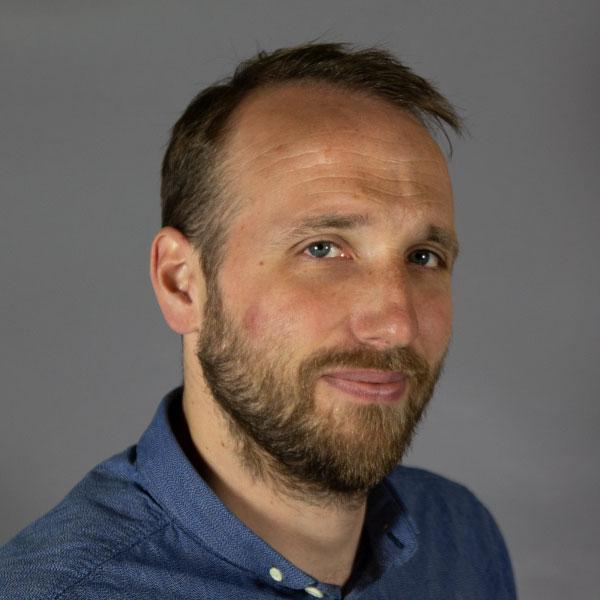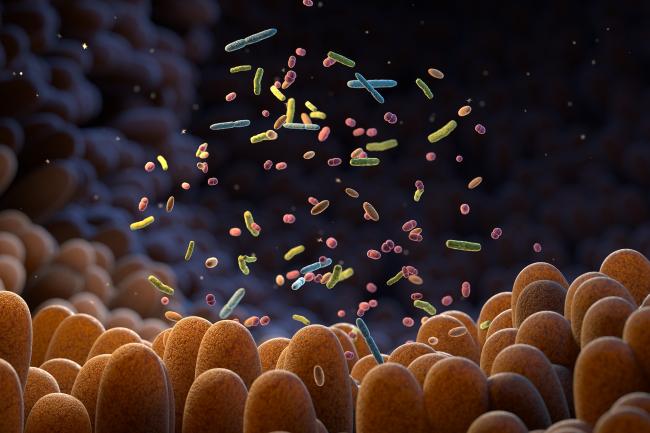The PEARL-AGE Study at the Quadram Institute and Earlham Institute is looking for families with as many members as possible to take part, to understand which microbes can be shared among family members and how these might affect health.
Each of us houses a community of trillions of microbes in our gut, called the gut microbiome. Our microbiome is crucial to health from the very earliest stages of life. Beneficial microbes keep us healthy by helping to digest food, fighting off infections, and programming our immune system.
We’re colonised by microbes as soon as we’re born, so usually our microbiome initially comes from our mother, close family and the home environment. Anything that affects successful microbiome establishment can have knock-on effects on health in later life.
The PEARL-AGE Study will look at the similarities and differences in the microbiomes of family members.
How does a parent’s microbiome differ from their child’s? What are the similarities in the microbiomes of siblings? Can we still see microbial signatures of grandparents in their grandchildren? Do we share microbes with family members living in different homes?
The researchers hope that the data they collect from families in the PEARL-AGE study will help them understand how families share the best of their microbiomes to maintain health. It will provide new information about how a healthy microbiome establishes in early life, and how it is maintained as we age. This could lead to ways that we can change our microbes to ensure everyone can benefit from a healthy microbiome throughout their life.
The study is open to families living in England with at least three generations who consent to take part. Families include spouse/partner, parents of spouse/partner, grandparents, grandparents of the spouse/partner, children/step-children, their partners, grandchildren and great-grand-children.
After an online or in-person appointment to explain the study, and formally give consent to take part, participants are asked to collect two faecal samples 12 months apart, from which the researchers will collect samples of their gut microbiomes. Participants also fill in a questionnaire about their lifestyle and dietary preferences, as well as family closeness, to learn about microbial transfer in families.
The study is being led by Dr Ezgi Özkurt working with other researchers in Dr Falk Hildebrand’s research group, based in the Quadram Institute and Earlham Institute, as well as research nurses from the NIHR Clinical Research Facility. This facility is managed by the Norfolk and Norwich University Hospital (NNUH). The study has been reviewed by Yorkshire & The Humber - South Yorkshire Research Ethics Committee (REC) to protect the safety, rights, wellbeing and dignity of participants and to ensure it is run ethically.
To find out more about taking part in the PEARL-AGE Study, please visit: https://quadram.ac.uk/pearl-agestudy.




